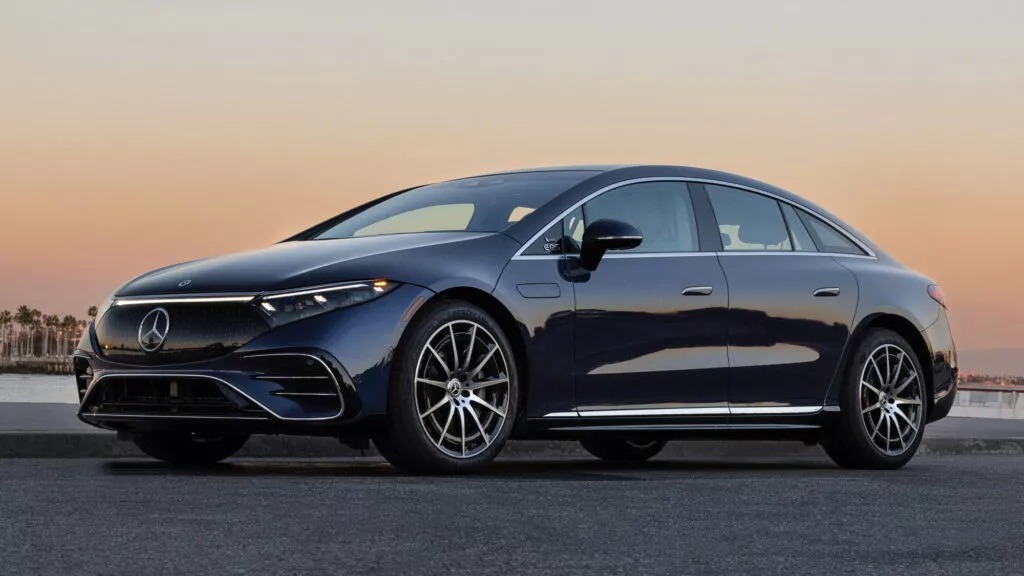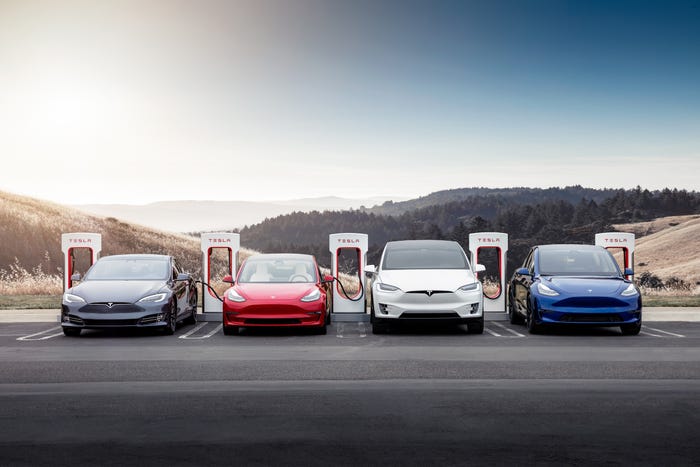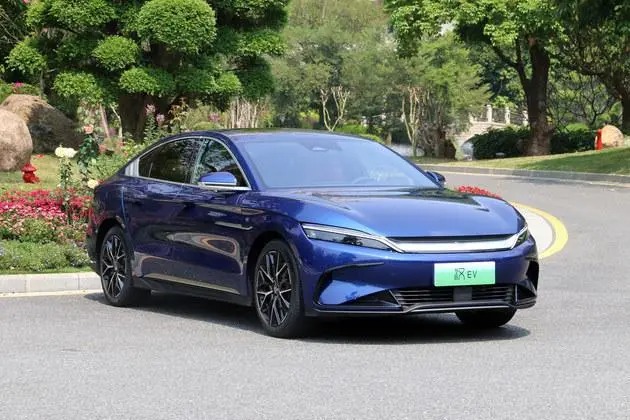In a direct response to the recent price reduction of the VW ID.3 in China, MG Motor has taken swift action by lowering the price of its rival model, the MG Mulan. Chinese customers can now enjoy a substantial discount of 24,000 yuan, equivalent to approximately 3,000 euros, on the purchase of this compact electric car until the end of July.
This significant price adjustment brings the starting price of the MG Mulan down to 115,800 yuan, roughly 14,500 euros. It positions the attractively priced MG Mulan approximately 10,000 yuan below the current reduced price of the VW ID.3, which now stands at 125,888 yuan. To further entice customers, MG Motor is also offering additional incentives with the MG Mulan purchase, including zero percent financing, a complimentary charger valued at 4,000 yuan, and a “lifetime warranty on core components” worth 9,000 yuan.
Considering the purchase price alone, MG Motor’s promotional offer in July equates to an impressive 17 percent discount. While the promotion was officially announced on July 12, suggesting a response to the VW offer, it is open to all customers who purchase or have already purchased an MG Mulan between July 1 and 31.
Volkswagen, too, has implemented a price reduction for the ID.3, but it is currently limited to the month of July. However, given the intense competition in the Chinese electric car market, an extension or further reduction by Volkswagen seems likely.
MG Motor has reported that the MG Mulan, known as the MG4 outside China, was the top-selling electric model among Chinese brands in Europe from January to May. During this period, the MG4 garnered approximately 23,100 registrations in Europe, while the VW ID.3 achieved just under 28,000 registrations.
The pricing strategy adopted by SAIC’s MG brand is noteworthy, particularly in light of SAIC’s involvement in the CAAM declaration. On July 6, the China Association of Automobile Manufacturers (CAAM) and 16 carmakers jointly issued a declaration vowing “not to disturb the order of fair competition in the market by charging abnormal prices.” However, the CAAM retracted this declaration two days later, citing its inconsistency with China’s Anti-Monopoly Law principles.







